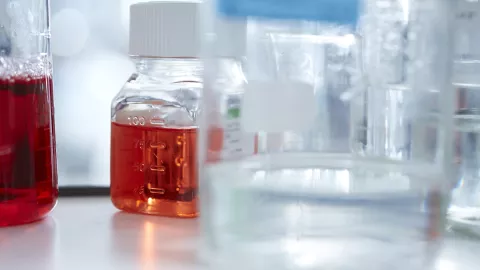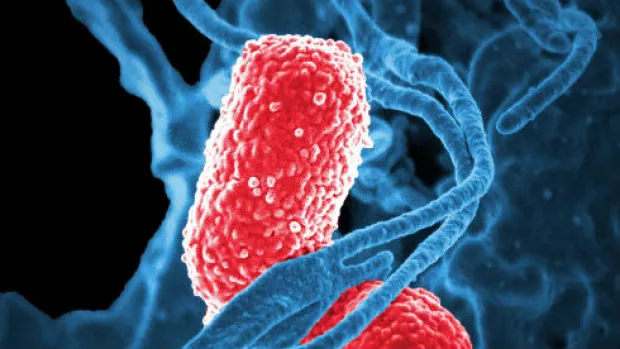
Masitinib
Masitinib (also known as AB1010) is an oral treatment that is being developed by AB Science for progressive MS. It is currently in phase 2 and 3 trials.
- Current phase of trial:
- Phase 3
- Type of MS:
- Primary progressive MS and Secondary progressive MS
Find out more about masitinib
How does masitinib work
Masitinib is currently being trialled or used to treat several types of cancer, as it has the ability to stop some cells from growing or dividing.
Masitinib also blocks some of the body’s inflammatory and immune responses. It’s therefore thought that masitinib could suppress the immune response against myelin that occurs in MS.
How is masitinib taken?
As a tablet, once daily.
Latest research
Phase 3 trial
In September 2020, AB Science announced the results of a phase 3 trial involving people with primary and secondary progressive MS. The summary of results concluded that the 4.5 mg/kg/day dosage of mastinib was found to be effective against primary and secondary progressive MS, while the higher dose was not.
Earlier research
A phase 2 study of masitinib was completed in 2011. 35 people with primary or secondary progressive MS were given a placebo drug or masitinib at a low or high dose for 18 months.
While the trial results showed no statistically significant difference between masitinib and the placebo drug, there were some promising indications that masitinib could have a beneficial effect in progressive MS.
What are the side effects of masitinib?
The most common side effects reported are loss of strength or energy, rash, nausea, fluid retention and diarrhoea.
How does masitinib compare with current therapies?
Masitinib has not yet been directly compared with other treatments.
When is masitinib likely to become available?
It is not yet clear what the next stages are for masitinib given the mixed phase 3 results. It may be necessary to carry out further studies to understand why masitinib is less effective at a higher dose. Provided further trials give positive results, mastinib may be submitted for regulatory approval.
Positive trial results can only make a real difference to people with MS once a regulator like the European Medicines Agency concludes there's sufficient evidence the drug is safe and effective.


